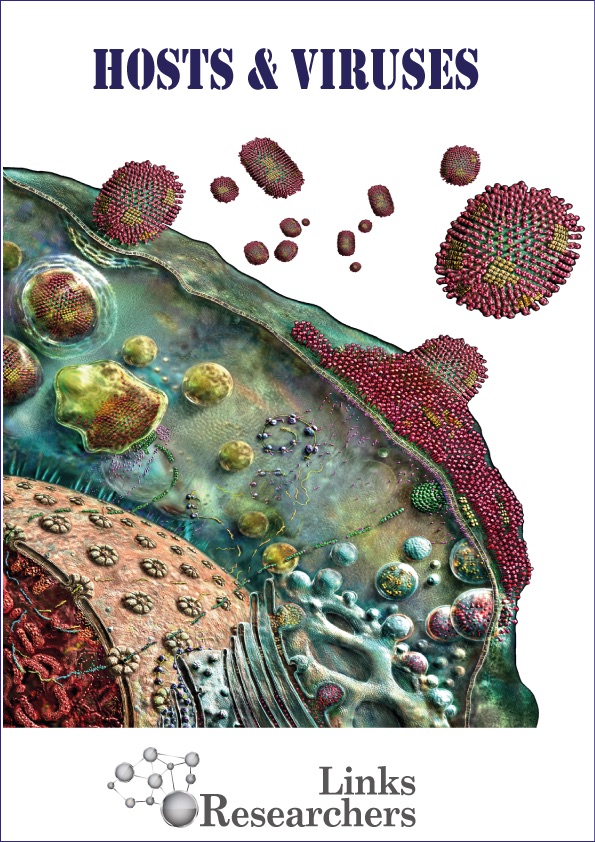The Implementation of Artificial Intelligence in Veterinary Diseases and Practices: A Comprehensive Review
The Implementation of Artificial Intelligence in Veterinary Diseases and Practices: A Comprehensive Review
Muhammad Wasif Gulzar* and Jawad Hussain
ABSTRACT
There currently exists no regulatory structure controlling the development and application of artificial intelligence (AI) tools in veterinary medicine and infectious diseases (viral, bacterial, and parasitic), in contrast to the heavily regulated field of the development of medical devices (which include AI) in human medicine. When introducing such potent technology that might affect the welfare of both humans and animals, we must acknowledge the significance of exercising prudence and accountability. As veterinary experts, it is therefore our responsibility to hold ourselves responsible for guaranteeing the security, precision, and dependability of any AI technologies we create or use. Effective outcomes in an area where data misunderstanding, even hostile misinterpretation, is commonplace depending on data transparency and use. The AI tools can be tricked by deliberate manipulation of data. It has been shown how image disruptions that the human eye interprets as slight changes can cause an AI tool to incorrectly show a tabby cat image as more likely to be guacamole. Although this is a humorous example, it raises a very important question regarding what happens if the self-driving car’s camera is covered, causing the system to misinterpret blurry images of pedestrians. Expanding the use of an evidence-based approach to creating AI is necessary, as is supporting openness, continuous quality control, and a risk-benefit analysis. We think AI tools should only be used in clinical settings once they have undergone thorough validation. Once that is done, we think they should be continuously checked in clinical settings. Furthermore, it is imperative that veterinary practitioners receive precise instructions and guidelines for the best possible use of these tools.
To share on other social networks, click on any share button. What are these?





